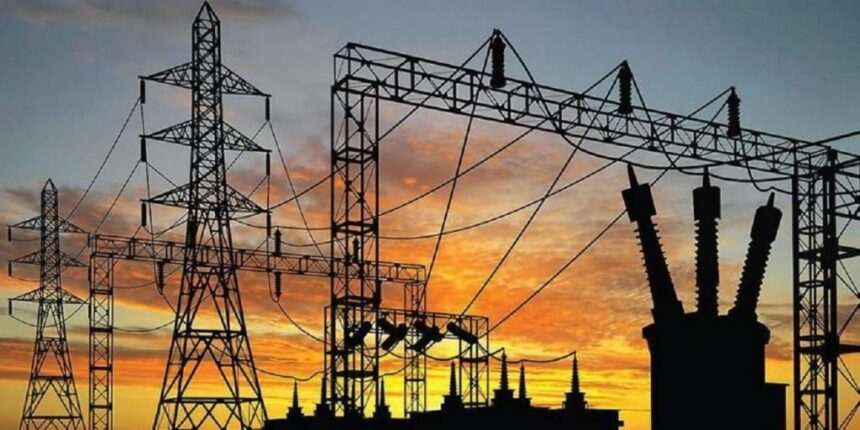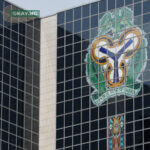Nigeria grappled with yet another nationwide blackout as the national electricity grid suffered a collapse, leaving millions of homes and businesses without power.
The grid, centrally managed from Osogbo, Osun State, experienced the collapse at approximately 4:30pm on Thursday, marking the fourth such incident in the first three months of the year.
Reports from distribution companies (DisCos) across the country’s 36 states indicated that their feeders became inactive, resulting in widespread blackouts.
The grid’s output, which stood at 2,984 megawatts at 4pm, plummeted to zero within an hour, with all 21 plants connected to the grid ceasing operations by 5pm.
This incident compounds the challenges facing Nigeria’s power sector, which has long struggled with issues despite privatisation efforts aimed at revitalisation.
Over the past decade, since privatisation, the grid has experienced a staggering 141 collapses, highlighting the systemic challenges confronting the industry.
As of reporting at 6:00pm, the Azura Power Plant was the sole facility contributing to the grid, albeit with a modest output of 54 megawatts.
Major power generation plants such as Egbin, Afam, Geregu, Ibom Power, Jebba, Kainji, Odukpani, and Olorunsogo remained dormant, further exacerbating the electricity deficit nationwide.









